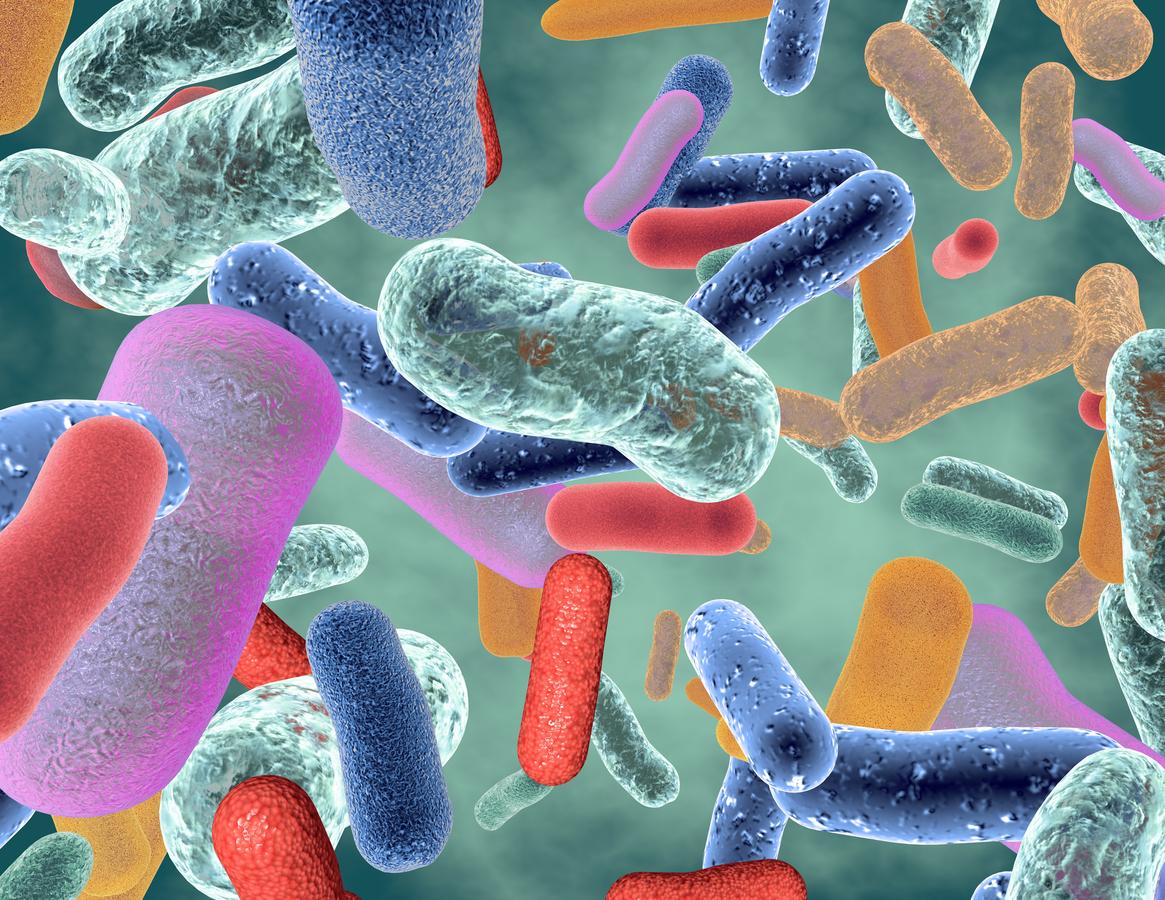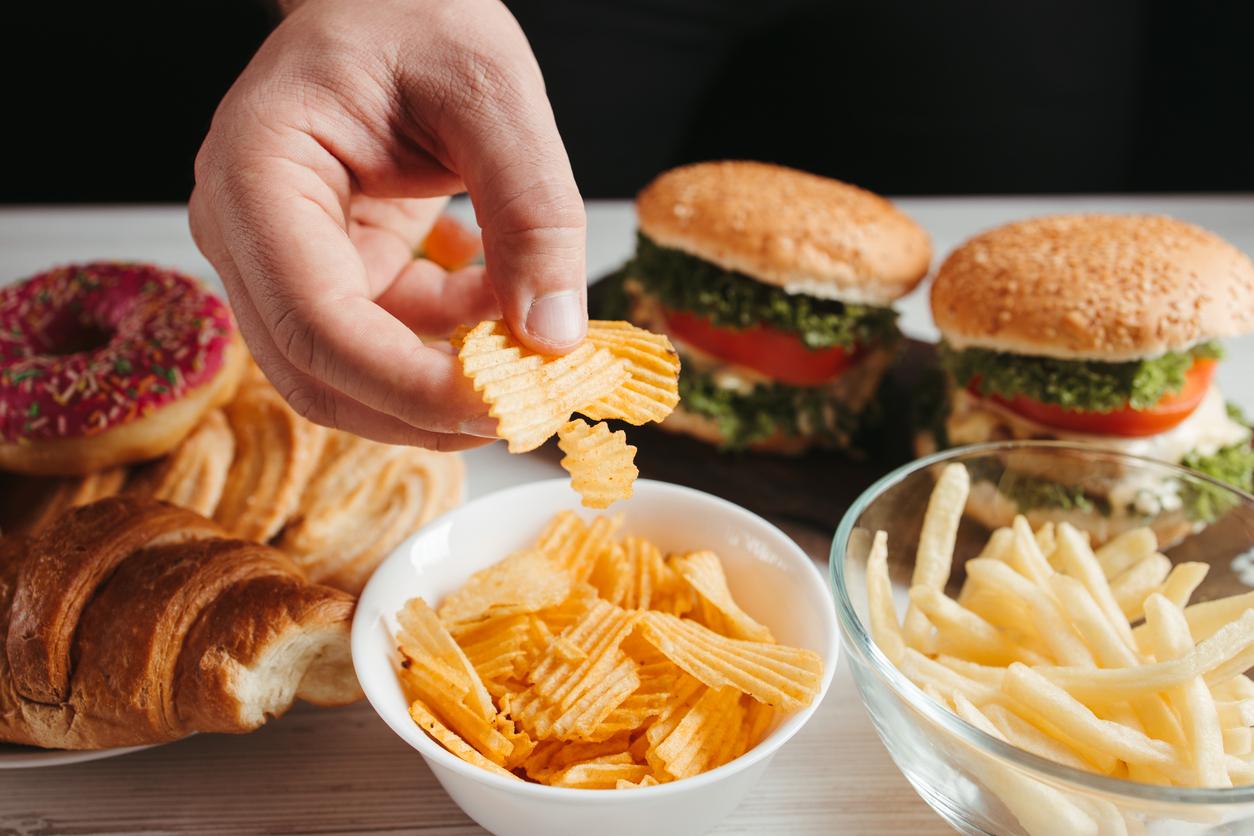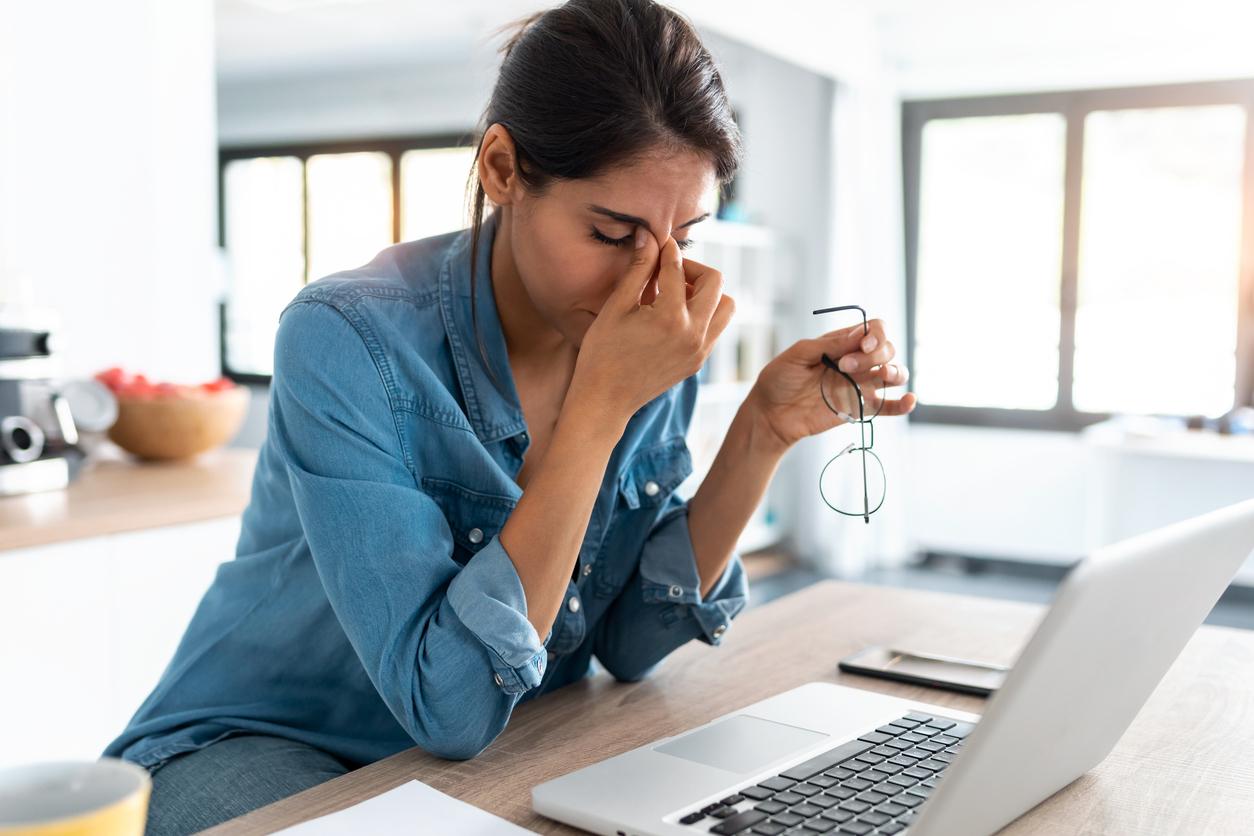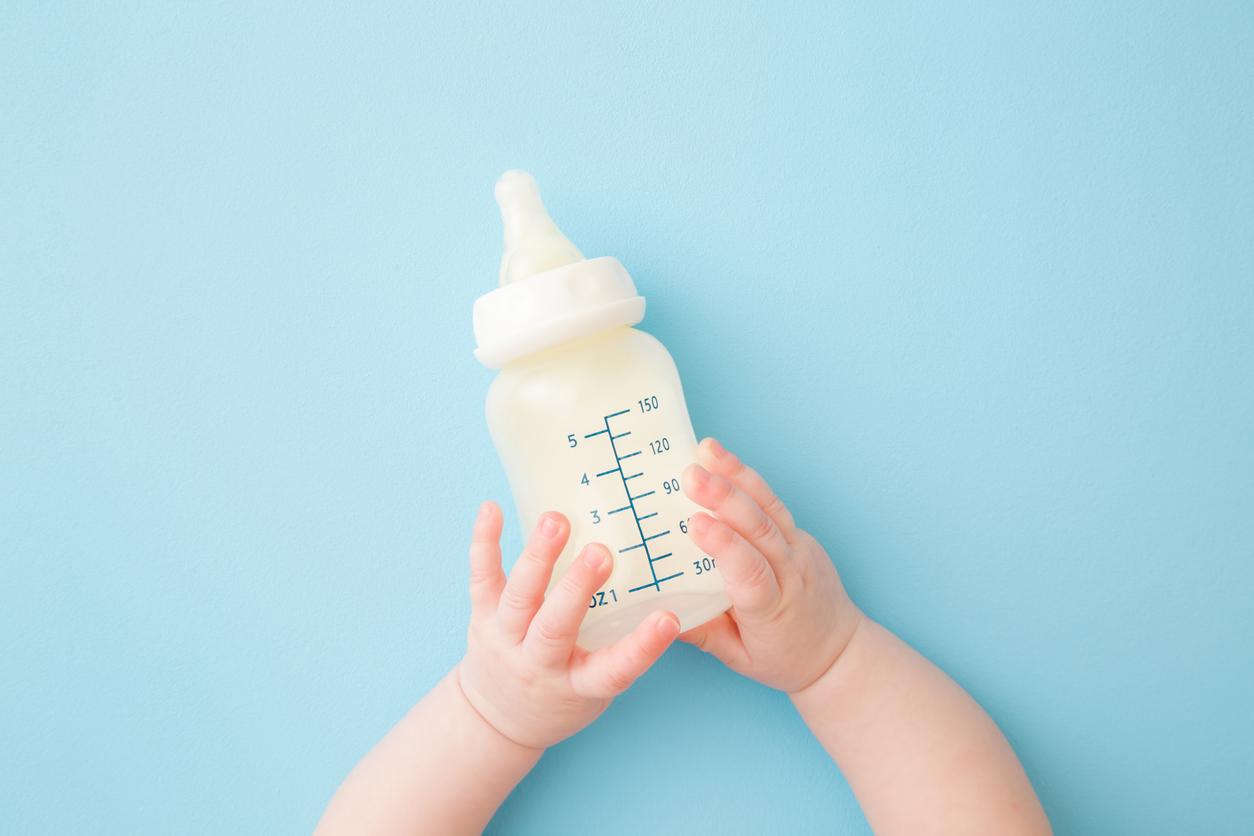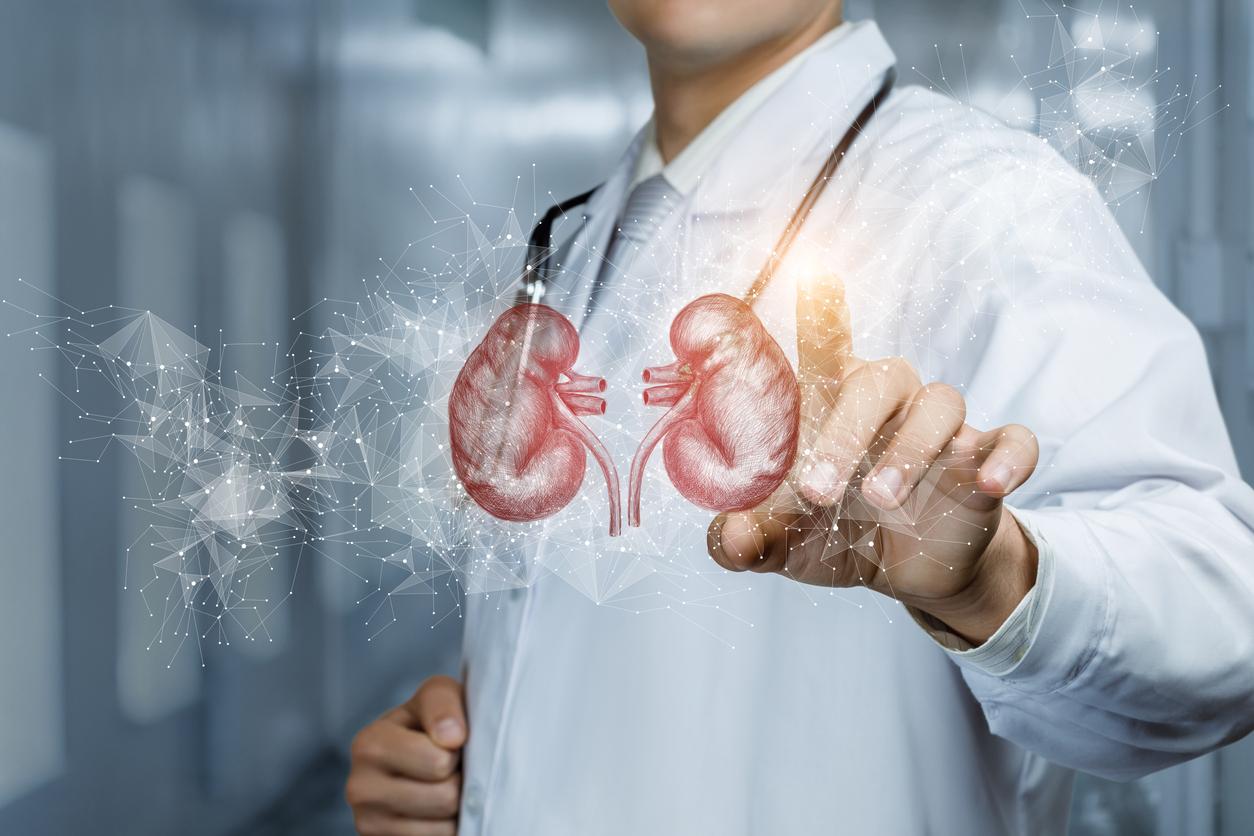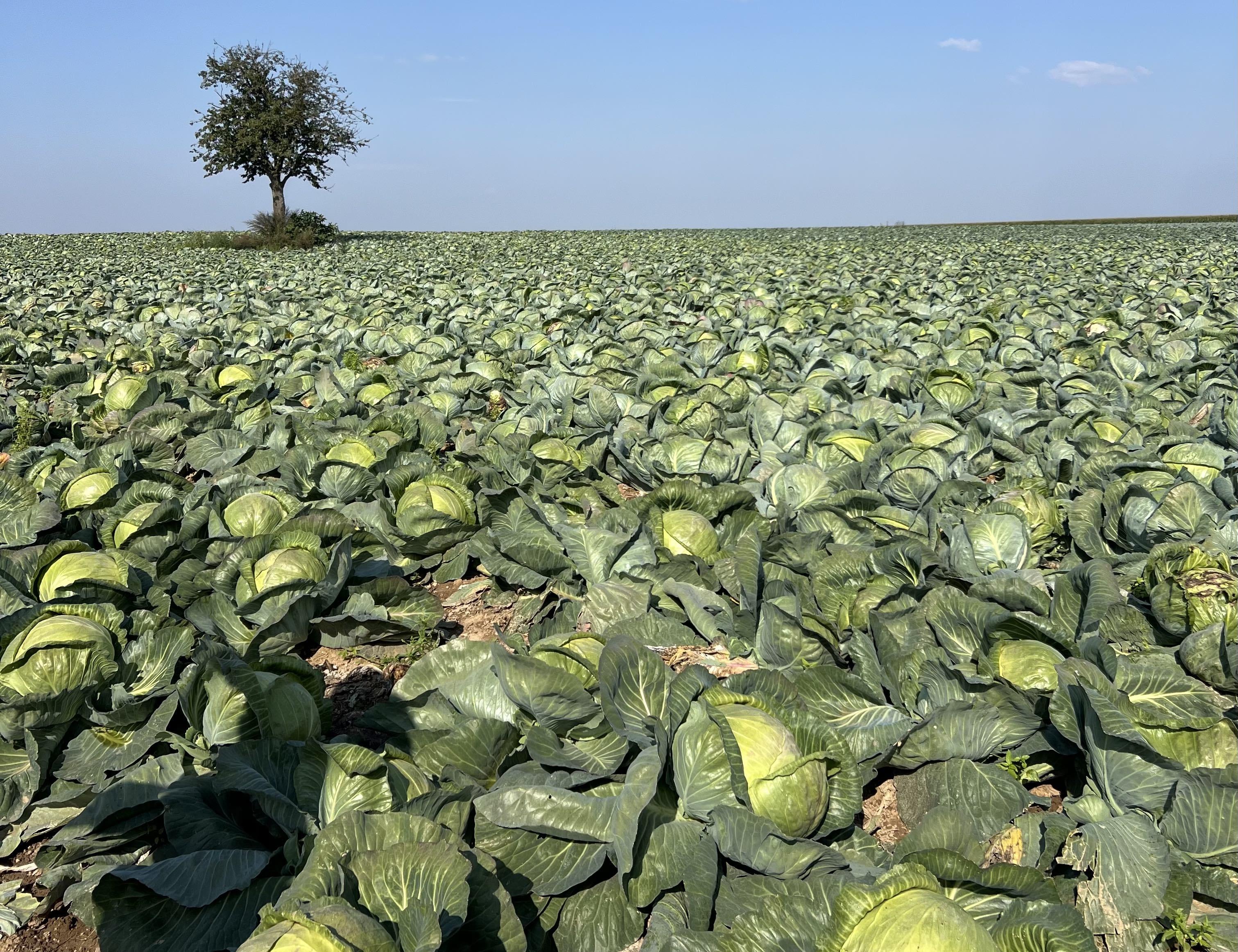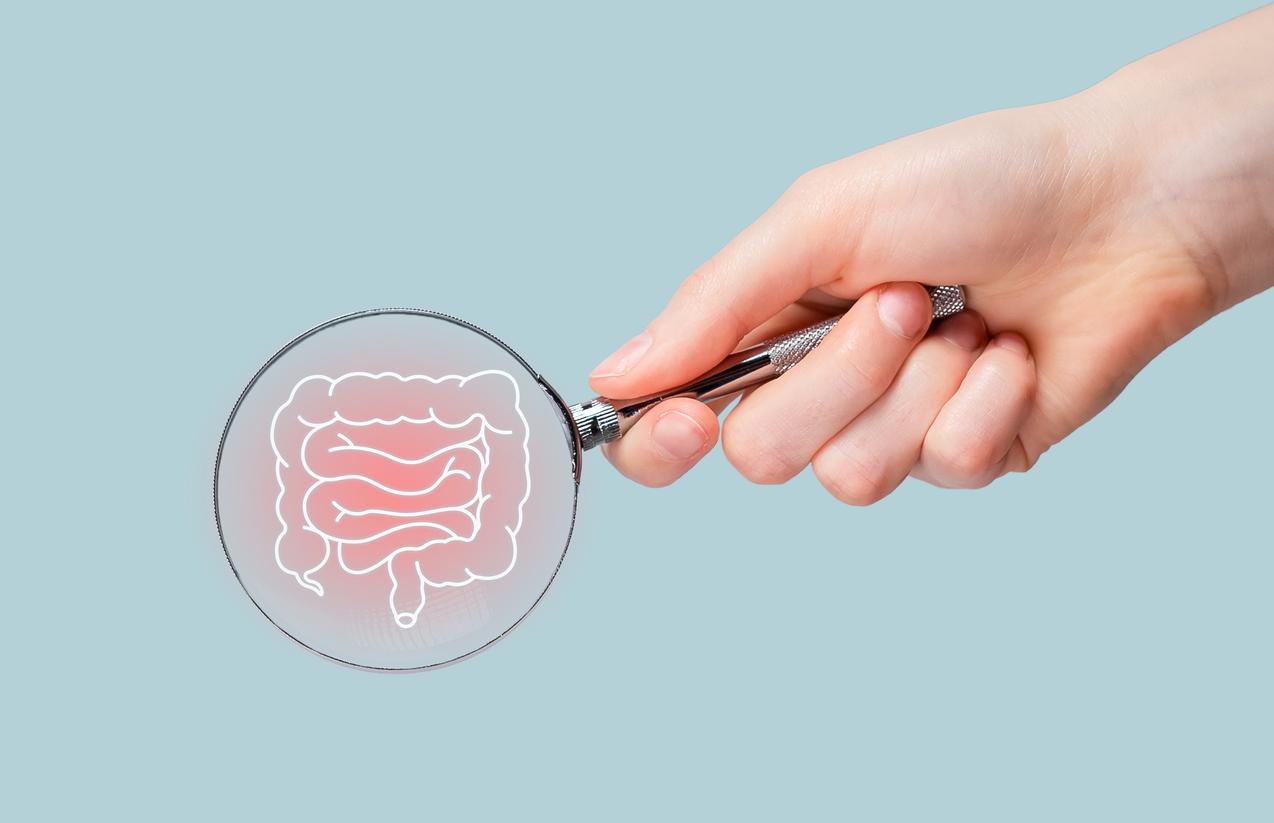European researchers have discovered enzymes that could help make blood universal, and thus solve blood group compatibility problems.
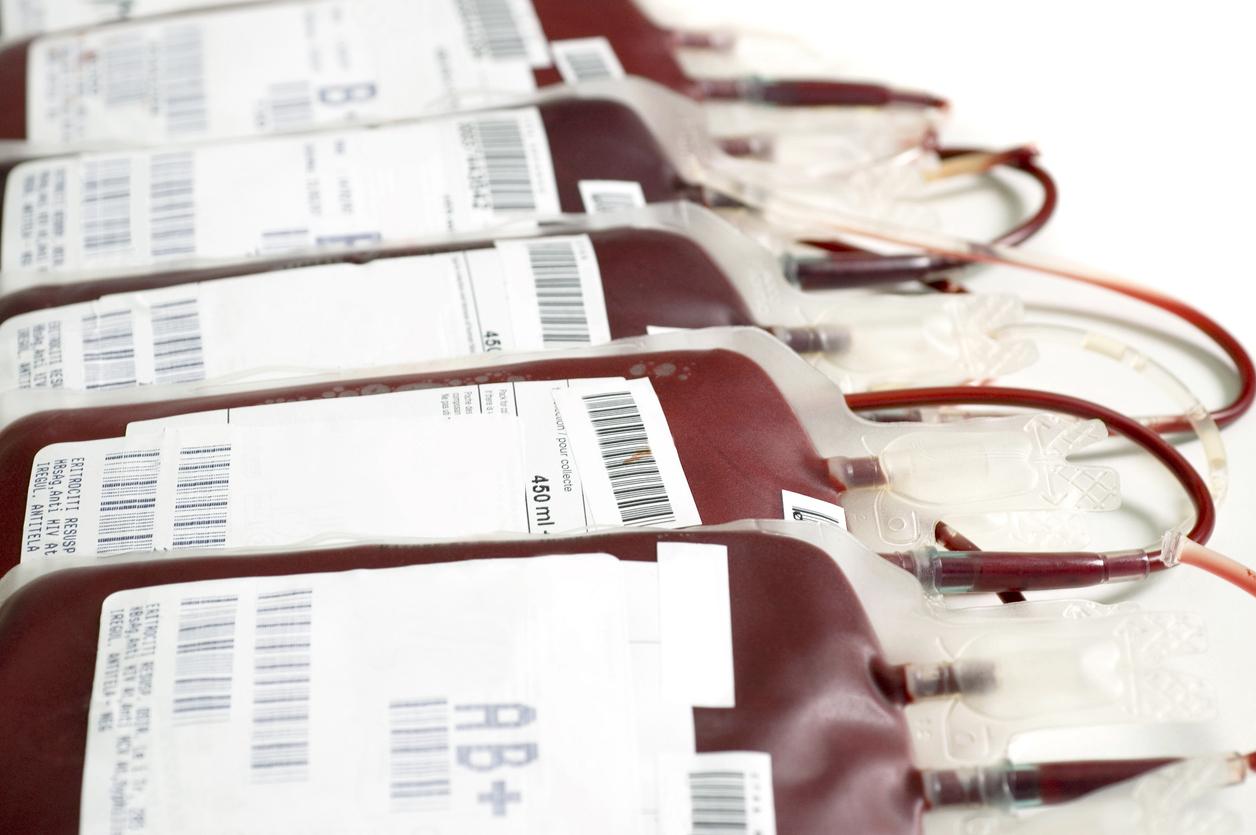
- Researchers have uncovered enzymes that, when mixed with red blood cells, are capable of removing the sugars that make up the A and B blood group antigens.
- These enzymes come from a bacteria called Akkermansia muciniphila which is found in the intestinal microbiota.
- The scientists warn that it will take several more years of research for their work to lead to a potential clinical application.
According to the ABO system, there are four main blood groups in humans: A, B, AB and O. They depend on substances present on the surface of red blood cells, called antigens. Due to these specificities, certain blood groups are compatible or incompatible with each other.
To resolve issues related to compatibility, scientists have been trying for years to find a way to produce universal blood. And, researchers from the Technical University of Denmark (DTU) and Lund University (Sweden) have made a major discovery in this area. They noticed that enzymes, present in the intestinal microbiota, were capable of eliminating the sugars which make up the A and B blood group antigens.
Their study was published in the journal Nature MicrobiologyApril 29, 2024.
Enzymes from the intestinal microbiota to make blood universal
During their work, the team decided to study enzymes coming from a bacteria in the intestinal microbiota called Akkermansia muciniphila. The researchers wanted to examine them because the complex sugars they attack in the intestinal mucosa share a chemical resemblance with the sugars present on the surface of blood cells.
In detail, the researchers tested 24 enzymes and used them to process hundreds of blood samples. They were able to identify two mixtures of enzymes capable of converting group A and B red blood cells into universal donor blood.
“For the first time, the new enzyme cocktails eliminate not only the well-described A and B antigens, but also expanded variants that were previously not recognized as problematic for transfusion safety. We are on the verge of being able to produce blood universal from group B donors. On the other hand, there is still work to be done to convert the more complex blood from group A.explains in a communicated Professor Maher Abou Hachem, head of the trial at DTU and one of the scientists behind the discovery.
“Our goal now is to study in detail whether there are additional obstacles and how we can improve our enzymes to achieve the ultimate goal of universal blood production”specifies the expert.
Universal blood: several more years of research needed
“Universal blood will enable more efficient use of donor blood and also avoid mistakenly giving non-compatible transfusions, which could otherwise have potentially fatal consequences for the recipient. When we can create universal ABO donor blood, We will simplify the logistics of transporting and administering safe blood products, while minimizing blood waste.”assures Professor Martin L.Olsson, head of the study at Lund University.
However, this universal blood is not yet for the future. The team recognizes that they still have a lot of research to do over the next three and a half years to perfect their discovery and the method of enzymatic processing of blood.
“If successful, the concept must be tested in controlled patient trials before it can be considered for commercial production and clinical use”warn the authors.









